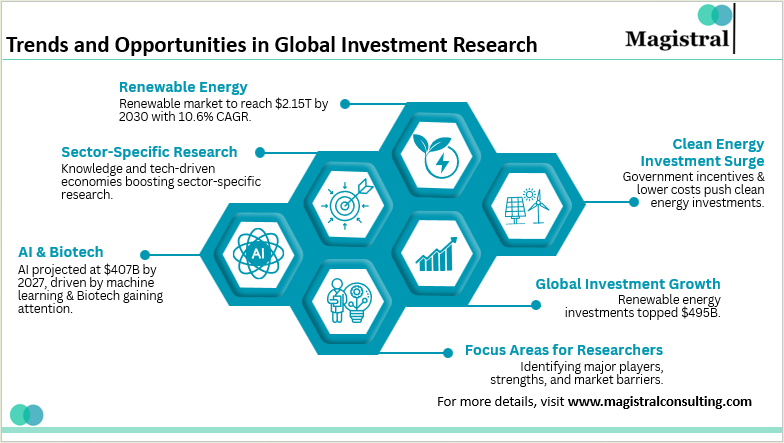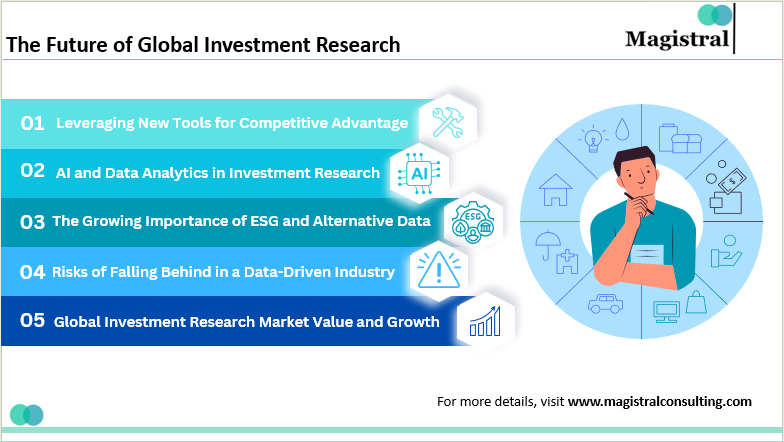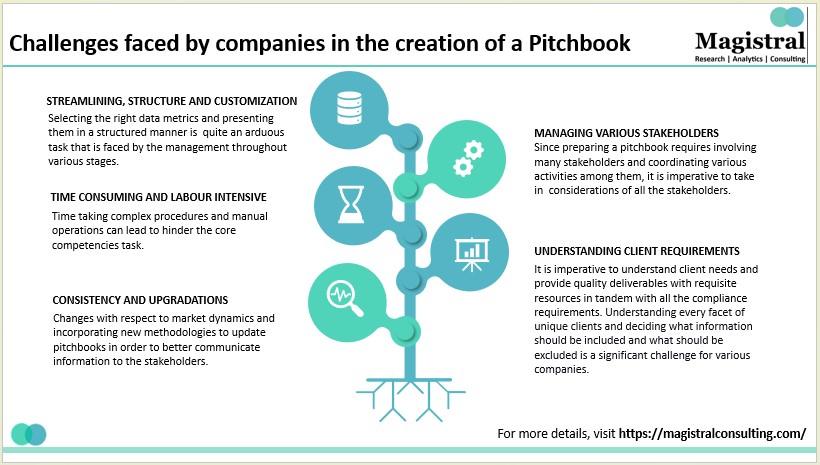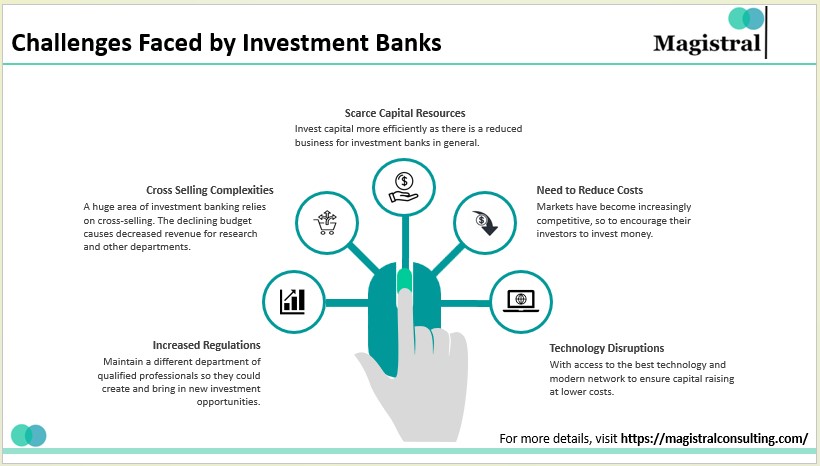The world financial sector of 2025 is undergoing a swift transformation, driven by digital innovation, regulatory change, and changing customer demands. Surveys of leading consultants and regulatory bodies show that financial institutions are pouring capital into technology, cost discipline, and operational resilience to prosper in a complex, low-growth world. A key element of this shift is the growing dependence on operational outsourcing. It is delivering tangible benefits in cost savings, scalability, and access to specialized skills.
Various trends are observed of financial market surveys and the changes in 2025. Institutions are seeking to maintain their profitability and relevance by utilizing operational outsourcing. As it is an existing and effective key strategy for accessing specialized talents. They are actively contributing to the digital transformation journey for the sector. Financial institutions are leveraging technologies and partnerships to drive growth and manage risk. They also achieve an optimized operational excellence, catering to the complex and competitive market.
Macroeconomic Landscape and Sector Performance
As the banking sector comes into 2025 with guarded optimism. Top economies, spearheaded by the United States, remain to show resilient amid volatile interest rates and ongoing inflationary pressures. Central banks are walking a tightrope balancing the twin mandates of inflation control and job maintenance. Changes in rates are expected to spur lending and investment activity in the second half of the year. This macroeconomic climate is creating opportunities and challenges alike for financial services providers. It is to transform approaches to ride through volatility and exploit new growth streams.
The competitive landscape is transforming with unprecedented speed. Financial market surveys reveal that bigger incumbent players are using scale, technology, and diversified books to grab market share. Fintech challengers and non-bank newcomers are winning over niche segments through nimble, digital-led products. Strategic consolidation, acquisitions, and partnerships are redefining sector borders, inducing horizontal and vertical consolidation. The need for innovation and excellence in operations has never been more acute.
Global Economic Outlook
Central banks are managing ongoing inflation and disparate economic growth with prudent monetary policy tweaks. As per market surveys, the U.S. Federal Reserve has maintained interest rates at 4.25%–4.50%. It is hinting at cuts later in the year, while the European Central Bank has cut to 2.5% as eurozone inflation approaches the target. Divergence is global, with the U.S. economy set to expand by 1.7% and the eurozone by only 0.9%. Emerging markets such as India are seeing capital outflows and currency pressure. With foreign investors withdrawing more than $7.3 billion from equities in Q1, it is spurred by a firming dollar and rising U.S. yields. Inflationary pressures are still high due to supply shocks, geopolitical tensions, and energy price uncertainty.

Investor Confidence and Debt: Market Surveys
Observing the market surveys, these patterns are redefining demand in financial services. More stringent rates have subdued mortgage and consumer lending. Although recent easing in some countries has spurred refinancing demand. Corporate lending is recovering tentatively as firms seek growth under stabilizing conditions. Market uncertainty is propelling investors into diversified, inflation-hedged products in wealth management. This helps in boosting advisory demand. Cross-border flows and dispersed regulatory systems are adding further complexity to world finance. Institutions must embed more nimble and region-specific compliance approaches.
Competitive Dynamics and Market Shifts
Incumbent financial institutions are stepping up attempts at scale and efficiency. It is through investments in cutting-edge technologies, streamlining operations, and outsourcing non-core activities. Banks are speeding up, according to recent financial market surveys, digitalization through cloud shift, AI deployment, and automation. It is to drive customer experience and lower expenses. For instance, HSBC currently processes almost 1,000 payments every second and makes some 8,000 IT updates every week. Cyber defense is its biggest operational expense. Despite the move to digital, more than 13 million UK residents continue to rely on physical branches. Thus, it mirrors the imperative for hybrid service models.
Meanwhile, fintechs and non-bank institutions are upending conventional models by fast-funneling innovative products. It is through open banking APIs, exploiting niches such as digital payments, micro-lending, and embedded finance. Such high-growth companies as Airwallex have hit valuations of more than $6 billion, reflecting investor optimism. M&A is gaining pace, such as the $2.04 billion takeover of Pacific Premier Bancorp by Columbia Banking System. It is because institutions race to achieve horizontal and vertical integration to diversify and own the value chain. Increased regulatory attention to digital assets, systemic risk, and outsourcing is affecting strategic choices. Whereas government incentives are driving investment towards green finance and financial inclusion. At the same time, market surveys show the talent gap is increasing for the sector, particularly in tech, analytics, and cybersecurity. It is driving more use of outsourcing and global talent streams.
Regulatory Evolution and Compliance Pressures
The financial services regulatory environment is tightening, with international authorities imposing more stringent standards of transparency, risk management, and operational resilience. The EU’s Digital Operational Resilience Act (DORA), now in force since January, obliges financial institutions to introduce robust ICT risk frameworks, perform periodic resilience tests, and record meticulous control over third-party service providers. Backed by market surveys, failure to comply could attract fines up to 2% of turnover on a yearly global basis, which is driving high investment in compliance technology and internal process improvement.
Concurrently, anti-money laundering (AML) laws are tightening internationally. The EU has set up a central Anti-Money Laundering Authority (AMLA), while nations such as Australia are broadening AML requirements to newer professional groups to meet FATF standards. In the United States, enforcement continues to be robust despite more general deregulatory movements. To keep up with increasing compliance expenses and recurring regulatory changes, financial institutions are increasingly looking to outsourcing partners and enhancing internal risk management and reporting infrastructure so that market confidence does not erode, and enforcement action can be avoided.
Digital Transformation and Technology Disruption
In 2025, digital transformation is a core competitive strategy with financial institutions embracing cloud computing, AI, and automation quickly to automate operations, upgrade customer experiences, and create innovative products. According to market surveys, approximately 83% of institutions employ cloud solutions, and 80% intend to increase AI and machine learning usage.

Financial Market Surveys Insights on Digital Transformation
AI helps in facilitating hyper-personalized services, enhancing fraud detection, and lowering operational expenses by as much as 22%. Legacy system integration with newer platforms is one of the biggest challenges, necessitating great investment and changing management. Market surveys reveal that those institutions that can achieve it are able to scale, embrace changing markets, and provide smooth omnichannel experiences. The world AI in the fintech market has increased immensely, identifying the strategic significance of AI in streamlining efficiency, security, and customer interaction in financial services.
Harnessing AI, Cloud, and Talent for Competitive Advantage
A survey of the financial market has shown that more than 70% of industry CEOs and top leaders view AI and digital integration as their highest strategic priority for the next three years. The market surveys also indicated that institutions that have invested heavily in these technologies have improved customer satisfaction and higher speed in adapting to market shifts. Yet, 65% of the participants mentioned legacy system integration as the main reason for not fully enjoying the benefits of digital transformation.
In order to remain competitive, financial institutions also invest heavily in reskilling their employees in line with digital transformation needs. Data analytics, cybersecurity, and AI implementation training programs are becoming increasingly common, and almost 60% of companies have reported budget growth for digital talent development in 2025. This movement not only improves internal capacities but also facilitates smoother technological adoption within units. Furthermore, the market surveys indicate increased application of generative AI in customer service and operations is facilitating institutions to provide faster, more precise answers, further advancing efficiency and client satisfaction. Technology and talent are increasingly seen as interdependent pillars of change.
Magistral Services for Financial Services Firms
Magistral serves financial services firms like investment banking, investment management firms, venture capital, and private equity firms. The core services that Magistral provides to these industries are:
Due Diligence & Deal Execution
Manager, fund, and company-level due diligence
Background checks of key people and stakeholders
Support throughout the deal life cycle, from consideration to closing
Financial Modeling & Valuation
Extensive financial models of M&A, investment analysis, and forecasting
Valuations of business, assets, and portfolios
Scenario planning and sensitivity analysis
Deal Origination and Pipeline Management
Building and maintenance of deal pipelines
Screening and sourcing of investment targets
Investor and company profiling from proprietary databases
Fundraising and Investor Relations Management
Development of fundraising documents like pitch decks, IMs, and teasers
Target investor profiling and outreach strategy
GP/LP relationship management and reporting support
Portfolio & Fund Administration Support
Monitoring of portfolio performance and risk factors
Fund-level reporting and analytics
Support, including fund accounting and administration
Equity and Investment Research
Public and private equity research
Thematic and sector-specific analysis
ESG research and benchmarking
About Magistral Consulting
Magistral Consulting has helped multiple funds and companies in outsourcing operations activities. It has service offerings for Private Equity, Venture Capital, Family Offices, Investment Banks, Asset Managers, Hedge Funds, Financial Consultants, Real Estate, REITs, RE funds, Corporates, and Portfolio companies. Its functional expertise is around Deal origination, Deal Execution, Due Diligence, Financial Modelling, Portfolio Management, and Equity Research
For setting up an appointment with a Magistral representative visit www.magistralconsulting.com/contact
About the Author
The article is authored by the Marketing Department of Magistral Consulting. For any business inquiries, you can reach out to prabhash.choudhary@magistralconsulting.com
How does Magistral Consulting differentiate itself in the competitive financial consulting landscape?
Magistral stands out through its deep domain expertise, customized AI-driven market surveys, and hands-on approach that integrates advanced analytics with strategic business insights, ensuring clients receive actionable recommendations tailored to their unique challenges.
How does Magistral ensure the reliability and relevance of survey data?
Magistral uses robust methodologies and advanced analytics tools to validate data accuracy, complemented by our industry expertise to interpret market trends effectively and deliver relevant insights.
How does Magistral tailor its research to meet specific client objectives?
By engaging closely with clients to understand their unique goals and challenges, Magistral customizes research frameworks, data sources, and reporting formats to deliver relevant and actionable market intelligence.


















